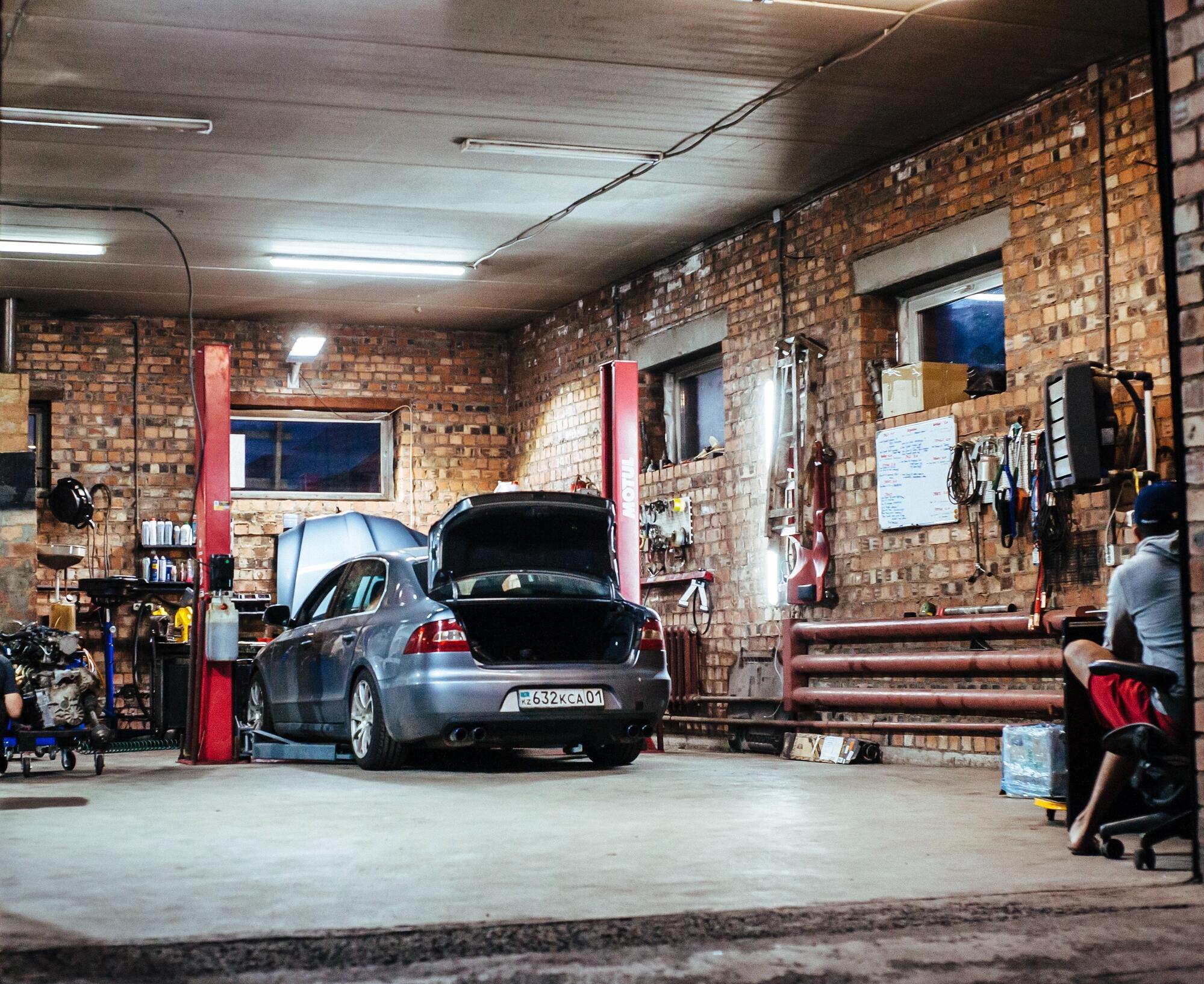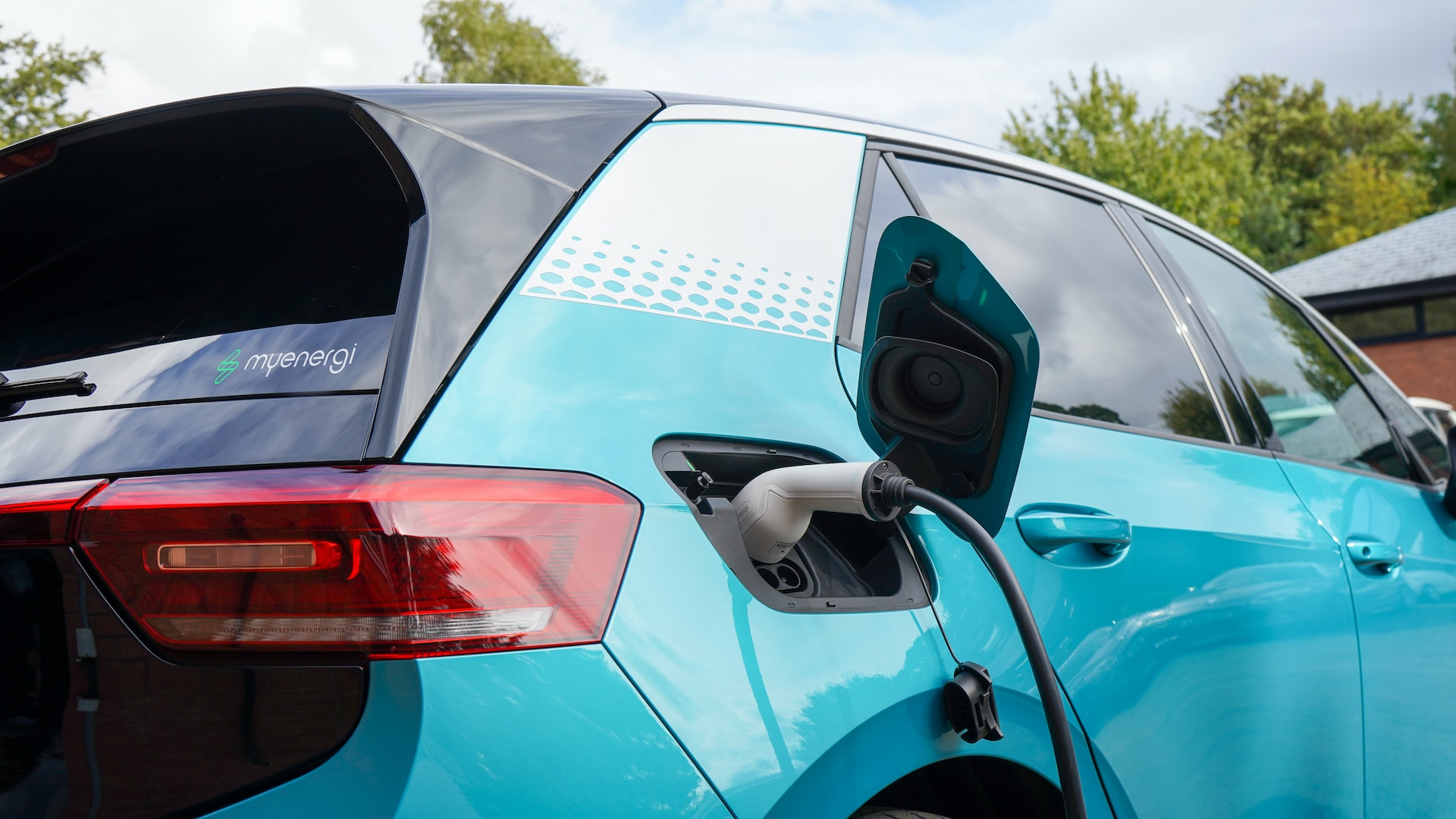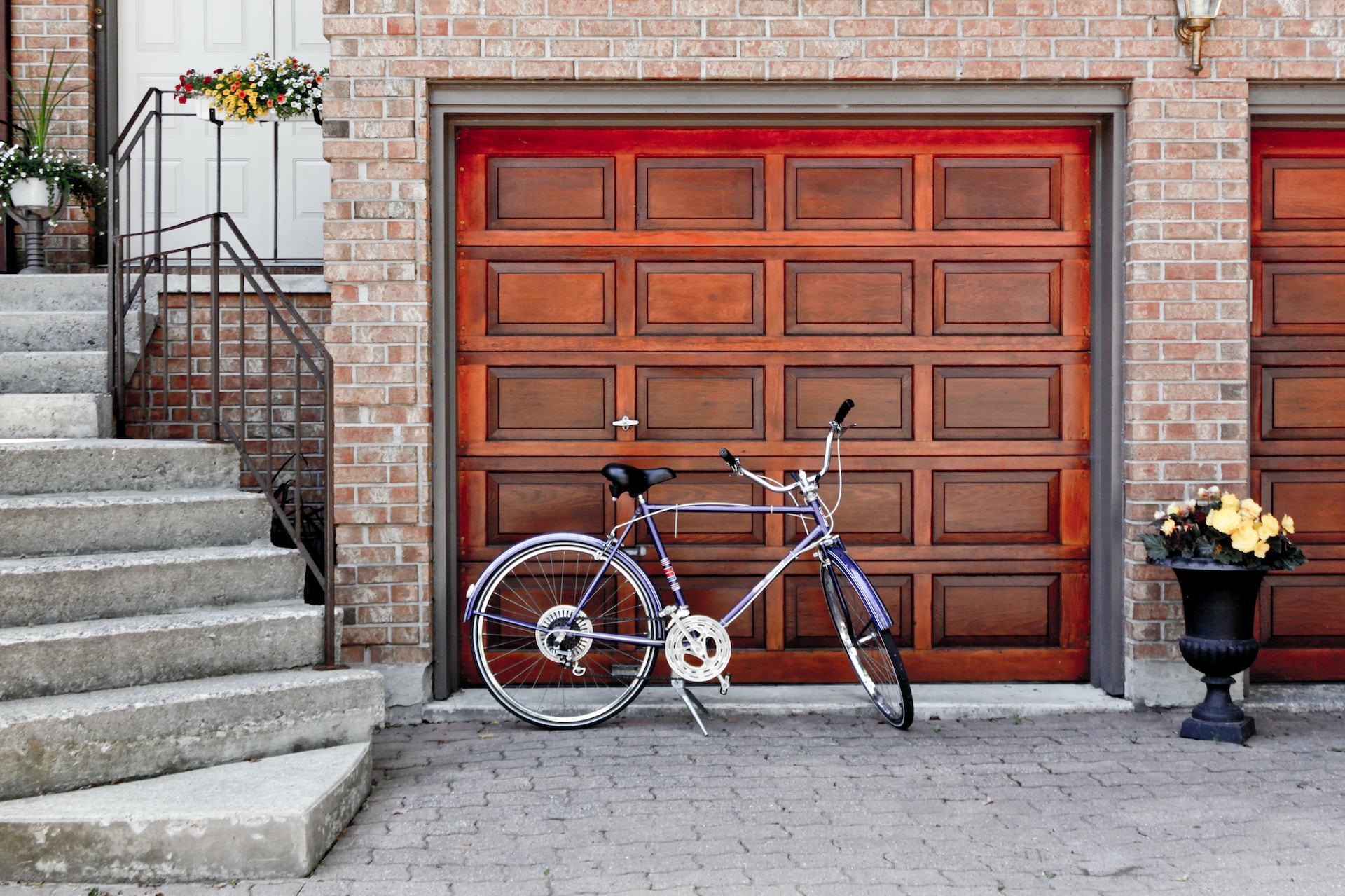We all have questions about cars, and it’s normal, they are complex machines that most of us use for our daily lives. We have asked the experts some of the most common questions among car owners, and compiled a guide on everything you need to know about them. From what is a good selling price, to fleet management with ELDs, or the benefits of having an electric car, you can find your answers in this article.
What makes electric vehicles and hydrogen fuel cell vehicles a superior choice over traditional petrol vehicles?
“A lot of the energy available through the Grid is produced through non-renewable sources. Yet, a report from the International Council on Clean Transportation found that the life-cycle emissions of EVs on the roads today are still almost 70% lower than equivalent petrol vehicles. And EVs powered entirely by renewable energy sources cut their emissions by a further 11%. The same trend rings true for hydrogen fuel cell vehicles. Despite the vast majority of hydrogen being produced through environmentally damaging methods, fuel cell electric vehicle (FCEV) emissions are still 26% lower than gasoline vehicles. This is even after factoring in the emissions from the additional infrastructure needed to support the complex production and transport of hydrogen fuel.”
What should people consider about charging their electric vehicle at home?
“In order to charge your car safely at home it is important that you get familiar with the different types of charging. AC chargers are most commonly used for home charging, in most cases they can reach up to 11kWh to 22 kWh. Charging stations are purpose-built to help you get the most out of your electric vehicle. This means they are safer, faster, and more robust than any other non-certified charging method. Therefore, it’s always a good idea to use a certified charging station installed by a professional.”
How can people improve their driving skills
“Automobile manufacturers have created many safety features to make driving as safe as possible. But an often-overlooked safety preparation that drivers can take to reduce the chances of getting into a deadly car crash is simple: wear the right shoes. Here are five tips for choosing footwear that makes it easier to drive safely:
- Don’t drive barefoot.
While driving without shoes might be more comfortable than wearing shoes, it can be dangerous. It requires you to put more pressure on the pedals than you usually do when wearing shoes. That could affect your braking time, putting you at risk. Additionally, one of your loose shoes could get stuck behind the brake or gas pedal and cause you to lose control of your vehicle. - Skip the flip-flops.
Flip-flops, slippers, mules or any shoes that don’t secure your ankle are dangerous to wear while driving. They could easily slide off your feet and potentially get wedged underneath pedals. - Avoid high-heeled shoes.
To maintain control of pedals, the heel of your foot must rest on the floor of your vehicle. Stiletto heels leave your foot in an uncomfortable position while driving and also provide less traction than shoes with a tread. Additionally, pointed heels can get caught in floor mats, which could lead to a collision if you’re unable to stop quickly. - Choose shoes with thin soles.
Footwear with a thin sole and ankle support ensures that you can apply the right amount of pressure on pedals. So, it’s best to avoid high wedges, platform shoes, or heavy boots. They could cause you to miss a pedal, press two pedals at the same time, or use the wrong amount of pressure. - Don’t wear new shoes.
Certain types of new shoes may have a slippery sole until they’re worn in. That could make driving in wet weather especially dangerous if your foot slips off the pedals. Walking shoes, light flats, or slip-on “driving shoes” with rubber-grommet soles are some of the best choices for drivers. Consider keeping an extra pair in your car to make sure you’re always driving with the safest shoes.”
Laura Adams, Aceable
What are the reasons to rustproof your vehicle?
“Rustproofing your car is more than just aesthetics. Damage from rust to your vehicle may compromise mechanical and electrical parts, leading to ensuing failure. If the potential cost of rustproofing has you hesitating, keep these points in mind:
- Longer life: Your car will last longer, putting off need to replace it sooner.
- Lower repair costs: Rust control products can prevent moving parts from seizing up, lessening the damage to your electrical system.
- Trade-in value: Rustproofing is a big selling factor that can boost your car’s resale value.
Consumer watchdog, Automobile Protection Association, suggests that drivers can expect rust after five or six years of ownership.”
Why people should be careful when replacing their car battery?
“Your car’s battery is the starting point of everything the vehicle does. Not only does the battery provide the power that starts the motor to allow you to drive, but it also powers all the accessories that we consider essential for time on the road. These include lights, air conditioning, the radio, and of course, your cell phone charger. The reasons to be very careful during the replacement process include:
-There Is Dangerous Acid Inside
-Batteries Are Very Heavy
-Access to the Battery Can Be Complicated
-There’s a Risk of Sparks and Shocks.”
At what point is it not worth it to fix a car?
“When the cost to repair exceeds the vehicle’s value or roughly what it would cost to make average payments on the vehicle for a year. If you find that your repairs are amounting close to what you would have paid for the vehicle on your monthly payments for a good portion of the year, it is time to let it go and either salvage it, sell it, or sell it for parts. Many of those factors will depend on the vehicle type and if it has parts that may sell separately on the market to make you more than the vehicle is worth as a whole.”
Tips for selling a car online
“-Create an Engaging Description: Creating an engaging description of your car is essential so potential buyers will be lured to inquire about it.
-Take Good Pictures of Your Car When listing your car for sale, you should prepare to take clear photos of it. Potential buyers will want to see the car, so take high-quality photos from multiple angles to get a good look at it.
-Get Professional Help: You can benefit from using online platforms to sell your car online because you will be able to receive a good amount of money for it.
-Price it Right: Another tip when selling your car online is to ensure the price is competitive. This will make it easier for people to buy your car from their mobile devices or computers.
-Vet Potential Buyers It is essential to consider the level of trustworthiness of potential buyers. This will help you avoid buying scams and people who are trying to take advantage of you.”
How to budget for a car and running cost
“While budgeting for a car, do not fail to consider expenses like fuel, insurance, maintenance, repairs, parking fees, tolls, etc., or else you might misjudge how costly owning a car can be. The total cost of owning and operating a vehicle in the United States is about $11,000 per year, out of which car insurance costs 19%, fuel 17%, and maintenance & repairs 28% alone. Hence, it is essential to log your fuel fill-ups to track your fuel efficiency and schedule your car maintenance to avoid unexpected repairs that can cost you a lot more.”
How to know when it’s time to sell a car
“It can be hard to know when it’s time to sell a car, but some indicators that it’s time to replace it are:
– It no longer starts or runs reliably.
– The average monthly repair costs are more than a monthly payment on a new car.
– Annual repair costs are totaling more than half what the car is worth.“
What are the ways to dispose an old car?
“There are several effective ways you can consider getting rid of your of your vehicle and make some extra cash:
-Scrap Your Car: Scrapping is one of the most popular ways to get rid of an old vehicle. This involves taking your ride to a scrap yard where it will be scrapped for its valuable parts and you will receive money for it.
-Trade It For A New One: Trading is another common way to get rid of an old vehicle. It is the most preferred option among people who have functioning cars and are looking to get some extra money they can use to purchase a new vehicle at a lower price.
-Recycle It For Its Reusable Parts: Recycling is undoubtedly the most environmentally-friendly method to dispose of your old vehicle. This option is best reserved for cars that are in solid working condition and you can sell their valuable parts for a reasonable price.
-Donate Your Car: Probably the best way to get rid of an old vehicle without too much hassle is to donate it. You’d be surprised to learn that there are plenty of charitable organizations that will be utterly grateful to take your car.
-Sell It Online:Selling your old car online is another alternative way to dispose of your vehicle. There are many online platforms and websites you can use to advertise your car and sell it as a second-hand item.”
IncomeHolic
What are the essential considerations before buying a used car?
“There are two main considerations when buying a used car: what model is right for me, and which specific car should I buy? To find the model that fits your needs, there’s no real substitute for actually going out and test driving a few different cars. Once you find one you like though, don’t just buy that car immediately. You can also look for car marketplaces for better options with best prices. You’ll want to search multiple car listings sites online to find a good example, with a color and options you want, at a fair price. Finally, before committing to buy any particular car, be sure to get an independent pre-purchase inspection. That can save you from an expensive mistake, as well as usually providing a tool for price negotiation.“
How to turn your passion for cars into a career
“There are different ways you can take your passion and convert it into a way of making money. Not only will you be making money but also you will be indulging in something you love which makes for the perfect business plan. If you consider yourself to be a car junky, the following are ideas that will allow you to work at something you truly enjoy:
-Driving Instructor
-Valet Servicing
-Restore Classic Cars
-Open Your Own Garage
-Become a Rideshare Driver”
What are the key considerations when shipping a vehicle?
“Two key factors one has to consider when transporting a car is: transit time and cost. Transit time is the time it will take to transport the car from its origin to its destination. Since transit time can take up to 7 days (depending on the distance) to ship from coast to coast, many people have to decide when it works best for them to release the car. The other factor to consider is what it will cost to ship a car across the country. Transporting a car across the country can end up costing over a thousand dollars. When comparing that to driving, fuel cost, and hotels, shipping it might be the best option.”
Tips to improve fuel efficiency
“If you want to improve the fuel efficiency, please go easy on the pedal. If you speed or brake too often, it’s a waste of gas. You should accelerate constantly and up to a certain speed, for example, I would recommend a speed of 100 km per hour in 6th gear for low fuel consumption. Keep in mind that fast acceleration and sudden braking lead to high consumption, you must accelerate slowly and brake as rarely as possible, it is best to brake from the engine.”
Liviu Marcus, AutomotorBlog
What are the benefits of fleet vehicle inspection?
“Vehicle inspection is one of the essential parts of keeping your fleet running smoothly.
Inspections are essential for two reasons: First, they help you identify potential problems early, reducing the risk of trouble when your vehicle is on the road. Second, they help you comply with regulations, improving your chances of compliance. You could face fines and penalties if you don’t do regular inspections. Another reason you might want to perform routine checks is that they’ll extend the life expectancy of your vehicles.
Vehicle inspections need to be performed regularly, and the frequency of the inspections depends on your fleet usage and legal compliances.”
What factors should you consider when buying an electric car?
“With so many new EV models available, there’s an EV for every lifestyle and budget, so review the available models and test drive the ones that are right for you. There are many EV incentives available, so calculate which will benefit you. If your income qualifies there are additional grants available. Determine how you will charge your EV on a regular basis. At home, most people require a dedicated 120V standard outlet in order to replenish the energy used each day and people who drive more than 40-50 miles a day should consider installing an EV charger at home. If there’s no access to charging at home, use PlugShare to locate public charging stations near your home and work. You’ll use PlugShare to plan your EV road trips, as well.”
Should people add their children to their auto insurance?
“In the past, adding a child to an auto insurance policy was a matter of course. With other options out there, adding your child to your own policy isn’t the only way. As a whole, adding your child to your auto insurance has its advantages and disadvantages. It may not be necessary and require you to add them you yours. The other options are to get your son or daughter their very own auto insurance policy. Pricing this out and taking a look at all the answers to these questions will help you make this informed decision. Your child is now a legal driver and has their own car. You’re probably thinking, should I add my teenager to my auto insurance? It depends on the state in which you live, whether they are living with you or not, if they are driving under your supervision or have a license, etc.”
What are the most common car maintenance mistakes to avoid?
“The most common car mistakes to avoid are usually related to putting off regular, preventative maintenance items like oil changes and regular tune ups. Your vehicle has a manufacturer recommended service schedule, and making sure you care for your car according to those guidelines will ensure your car stays running smoothly and safely, while also preventing costly reactive repairs down the line. Repairs become much more complex and costly if you wait for something to break, so it’s always advisable to stay on top of your maintenance schedule proactively instead.”
What people should consider when planning a camper van layout?
“Write down your van conversion must-haves.
Ask yourself: What’s the purpose of my van? Where do I want to be able to go and what do I want to do with it?
Make a list of the campervan conversion steps.
Draw out a few different possible campervan floor plans.
Think about larger appliances and item storage you may need to build around.
Start getting more specific with the vanbuild details.
After these three main steps are done, you can really start to get into the meat of your build and put those floor-plans to practical application.”
What are the qualities to look for when buying a car?
“The best answer is value! Value is different for each person, but it is essentially made up of 3 main factors:
1) Features that fit your needs. An example of this is AWD if you live in a snowy area. It could also mean leather seats if you have children or a dog or a big engine if you like to go fast. The brand is also considered a feature.
2) The actual cost of purchasing. This mainly has to do with your budget, how much you can spend vs how much you are willing to spend. And then further the method you choose to purchase with (finance, lease, or car for cash buying).
3) Reliability. This is key for what will impact not just the cost of ownership after purchase but also your experience with the car and your post-purchase satisfaction. Even if repairs are not super costly, a vehicle with many issues will lead to dissatisfaction. Finally, reliability has a positive correlation with the cost of purchase. More reliable often means more expensive. Cost and features also have a positive correlation. More features will be more costly. Value is about finding the sweet spot between those three factors.”




